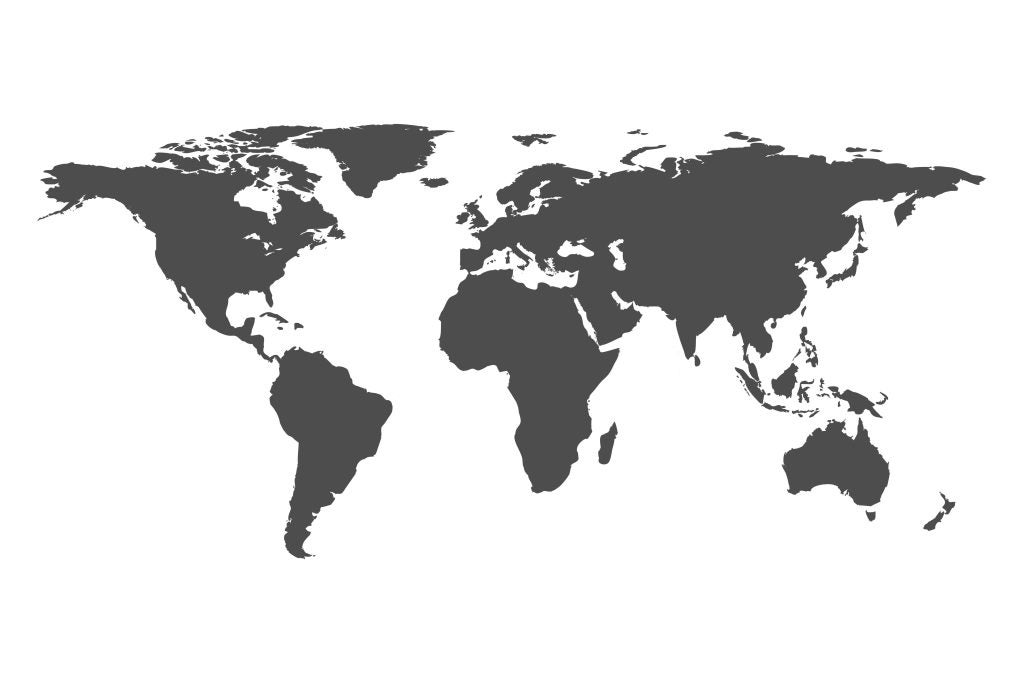The UK Competition Commission (CC) has released an analysis review into the effects on costs to businesses that switch auditors as part of its investigation into the potential concentration in the UK statutory audit market.
After taking evidence the CC has discovered that, following a switch, companies obtained a significant price decrease, which eroded over the subsequent two to three years.
Fees generally decreased in real terms the year after a switch and returned to the previous fee level in the third year after switching. The median company obtained a 17% fee decrease in the first year after switching and a 2% decrease (compared to the previous fee) in the third year.
A total of 78% of switchers had a fee reduction in the first year and 48% in the third year.
Where there was a tender and no switch the CC observed a small increase in the median audit fee of 2% in the first year following the tender, and that 48% of these companies obtained a reduction in fee in the first year.
As part of the evidence PwC’s analysis found the price of audits fell following tenders or switches, but that the effect was temporary. In the first and second year after tendering or switching companies enjoyed a price reduction of 8% and 9% respectively. They obtained price reductions of 4% in year three and a 3% price increase in year four.
How well do you really know your competitors?
Access the most comprehensive Company Profiles on the market, powered by GlobalData. Save hours of research. Gain competitive edge.

Thank you!
Your download email will arrive shortly
Not ready to buy yet? Download a free sample
We are confident about the unique quality of our Company Profiles. However, we want you to make the most beneficial decision for your business, so we offer a free sample that you can download by submitting the below form
By GlobalDataThe CC offered alternative explanations for these patterns:
- Firms offer discounts to encourage companies to switch, but they are unsustainable and the price patterns demonstrate audit fees returning to normal, competitive levels.
- The scope of the audit is underestimated by bidding firms and they end up undertaking more work than predicted so fees must increase.
- Incumbent auditors have some power over price, so pre-tender prices are excessive. The tender reveals the competitive price hence the price drop, but the new incumbent also enjoys some power over price, so is able to increase prices to pre-tender levels over two or three years.
The CC’s statistics were based on an analysis of 55 FTSE switches.
The CC also observed a small increase in the median fee of 2% in the first year following a tender not resulting in a switch and speculated that this could be because the incumbent’s offer was competitive, and during the tender the company concluded that there might be no clear gain from switching. However, the CC’s sample on these companies was only 29 (compared to 55 switches) so it was unclear how much weight it could give to this explanation.
The CC issued its provisional findings on audit market concentration in February and is expected to issue a final report and remedies in July.






